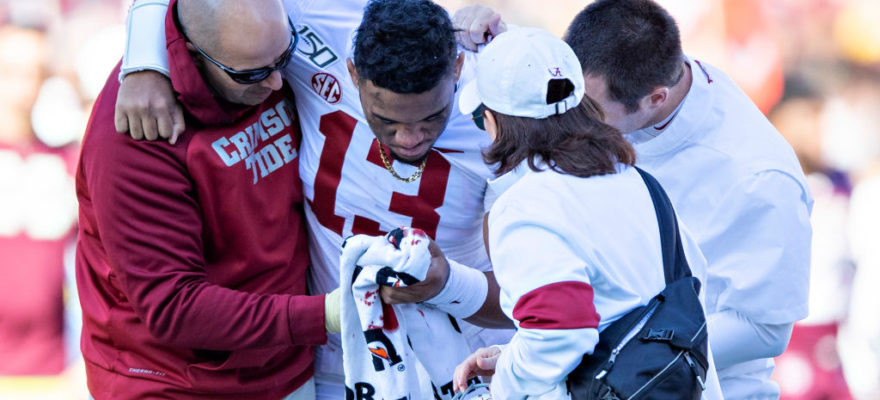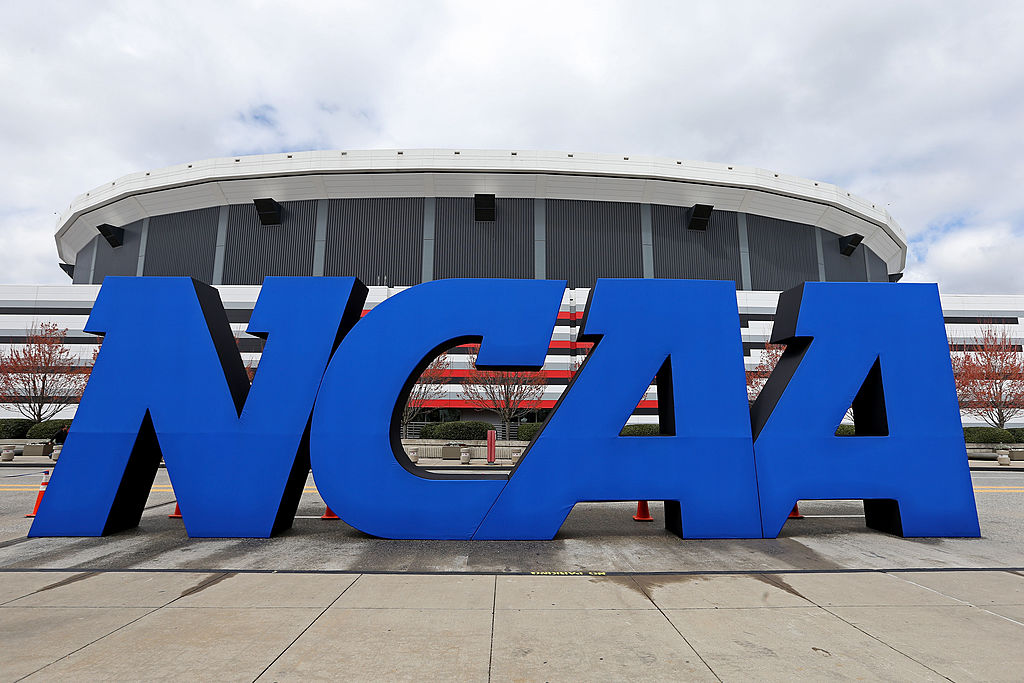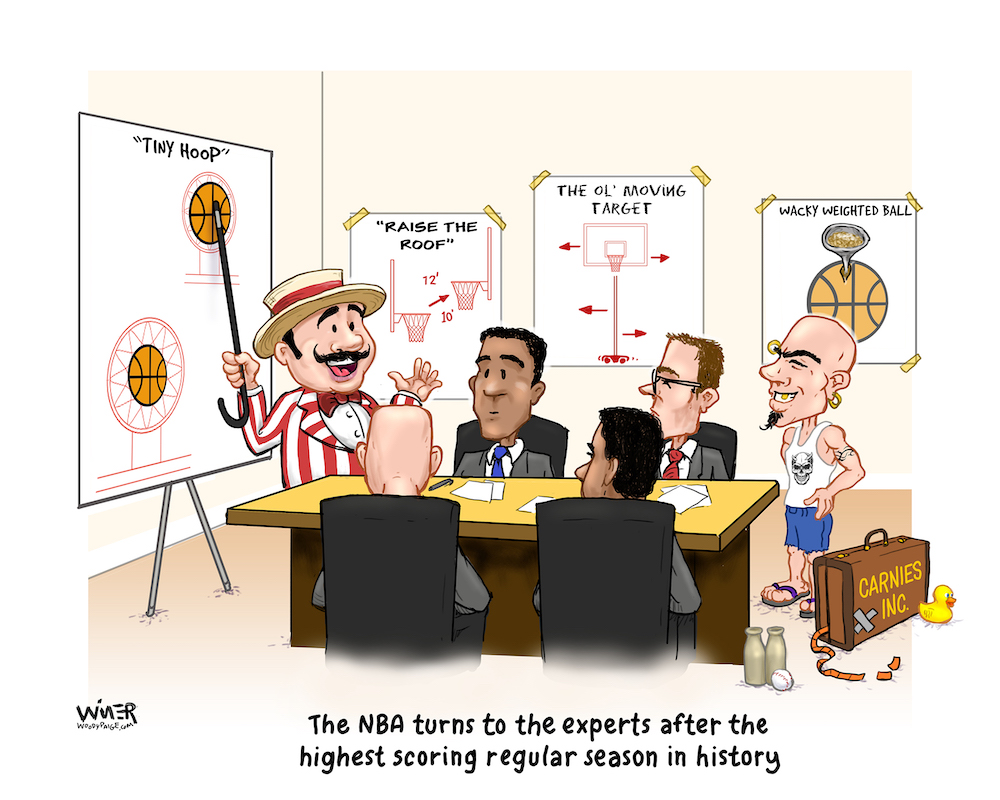The unfortunate part isn’t that Alabama has lost junior quarterback Tua Tagovailoa for the season with a dislocated right hip suffered against Mississippi State that required Monday surgery.
The unfortunate part is that Tua Tagovailoa suffered a horrific injury, won’t be able to play at least the rest of the 2019 season, faces a long and major rehabilitation process and – when he enters the draft — will be taken much later than he would have had he remained healthy.
“Tank it for Tua” no longer is a viable strategy.
It wouldn’t have been at all out of line for the 13 members of the College Football Playoff selection committee to take Tagovailoa’s injury and absence into account, at least when voting this week, and possibly through the announcement of the four CFP semifinal choices on Dec. 8.
But the Crimson Tide Tuesday night remained No. 5 in the CFP rankings, behind LSU, Ohio State, Clemson and Georgia.
The first seven, also including No. 6 Oregon and No. 7 Utah, remained the same as the previous week and mirrored the Associated Press poll issued Sunday.
The CFP poll show is aired on ESPN, and the ESPN.com story noted that committee head Rob Mullens, the athletic director at Oregon, said Tagovailoa’s injury “did not factor into discussion.” (My quote marks, not the story’s.)
“Discussion” is not necessarily the same thing as “consideration,” even if only individually.
One, it should have been considered and discussed.
That doesn’t mean the committee was misguided in leaving the Crimson Tide where it was.
It means that given the CFP’s charge to select the top four teams in the nation for the playoff field, both considering body of work and their status at the time of the final selections, considering who is – and isn’t – playing quarterback for one of the contenders makes sense. That’s “projection,” of course, but considering that the entire process is based on the committee making subjective judgments about teams’ merits, what’s wrong with that? Until December 8, it’s mostly for fun and slotting as the final vote approaches.
While dropping the Crimson Tide a spot or two might have been greeted with how-dare-they outrage, the decision wouldn’t have been outrageous at all.
Two, the irony of Mullens — a man I greatly respect for a lot of reasons – talking about the Crimson Tide not slipping is obvious.
If the Tide had dropped, Oregon would have moved up to No. 5.
Mullens is committed to recusing himself when the committee discusses the Fighting Ducks, but let’s face it, that can be a bit awkward, especially as it seems entirely possible that the fourth spot will come down to a choice between Oregon (as Pac-12 champ) and Georgia or Alabama as a second SEC choice, joining LSU.
Here’s the weird part: I think Mullens’ role might even hurt the Ducks’ chances. Knowing they will get blasted, deservedly or otherwise, if they select Oregon, the committee members could set out to prove their independence. And go the other way.
(Fair disclosure: I was raised in Eugene. My father coached at Oregon for 17 years.)
Absolutely, if the Crimson Tide appears still formidable without Tagovailoa in the final two regular-season games, against Western Carolina and especially Auburn, it could end up in the four-team field. (An Alabama loss to Auburn in the Iron Bowl, a bona fide possibility, makes it moot. And an LSU loss to Georgia in the SEC title game can make it messy.)
If the committee is told to exercise subjective standards, based on the premise that the eclectic group is qualified to make those judgments about the merits of college football teams, it should be allowed to, and in fact be told to, consider impactful injuries — and not just at quarterback.
If you’re trusting the committee members to watch, sift though the evidence and make tough choices in selecting four teams, you’ve got to let them take everything of significance into consideration.
I’m on record: I agree with the majority. The CFP should be eight teams. But as long as we’re stuck with the four-team format, you should have to win your conference – meaning, the conference championship game – to be among the pool of possible choices. (No, I don’t tackle the tricky issue of independents, or primarily Notre Dame.)
But conference champs-only isn’t happening soon and under the current format, the 13-person committee is charged with getting the four best teams in the field, even if that means two are from the same conference.
The CFP now has issued three rankings since November 5. The picture started crystallizing before that and it involves such things as Oklahoma’s loss to Kansas State and win over Baylor, Minnesota’s win over Penn State and loss to Iowa, Georgia’s loss to South Carolina and win over Florida, and Auburn’s pesky opening-game win over Oregon in Arlington.
Utah and Oregon will meet in the Pac-12 championship game in Santa Clara, and the loser will be out of the CFP picture completely.
It would be completely myopic to not consider Oklahoma in that mix.
I still believe that taking a second SEC team over Oregon, if the Ducks win the Pac-12, will send a chilling message. Oregon should have played, say, Western Carolina at home in its opener and not traveled to Texas to face Auburn.
The problem now, of course, is that there still is three weeks of football left to play and every upset has a ripple effect. Say, if Oregon State knocks off Oregon in the Civil War. Or if Ohio State loses to Michigan or is upset in the Big Ten championship game.
Or if another of the upper echelon teams suffers a major injury.
About Terry: Terry Frei is the author of seven books. His novels are Olympic Affair and The Witch’s Season, and among his five non-fiction works are Horns, Hogs, and Nixon Coming, Third Down and a War to Go, and ’77: Denver, the Broncos, and a Coming of Age. Information is available on his web site, terryfrei.com. His woodypaige.com archive can be found here.

















